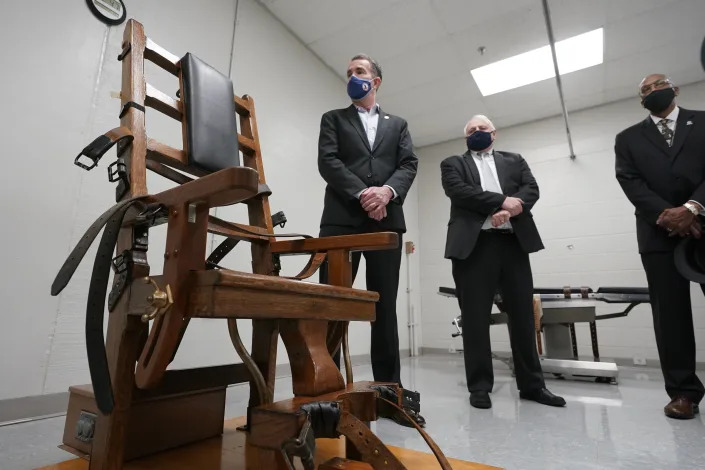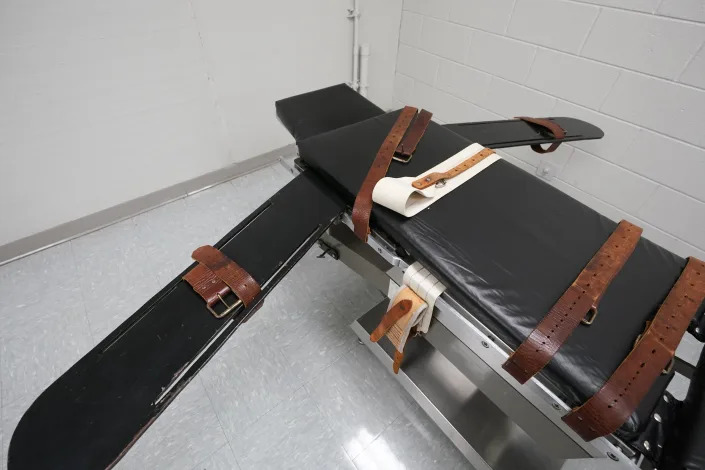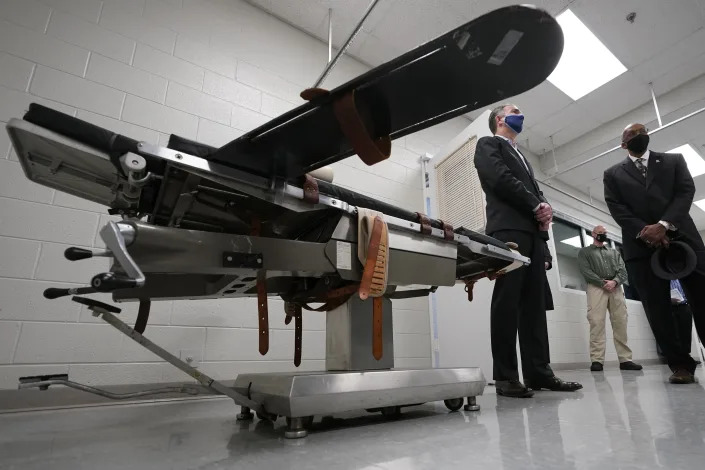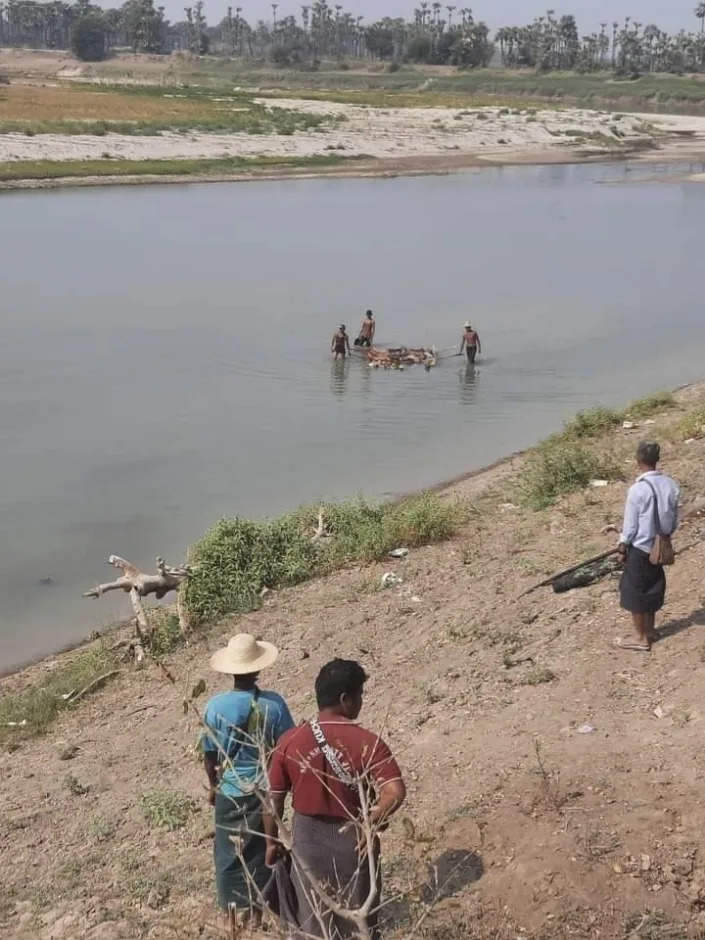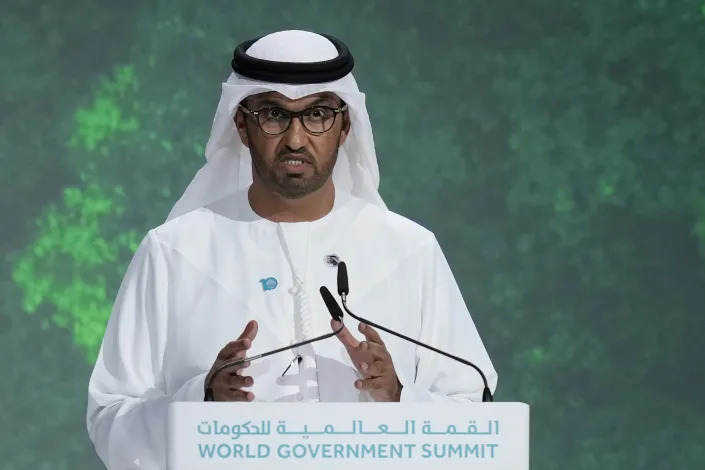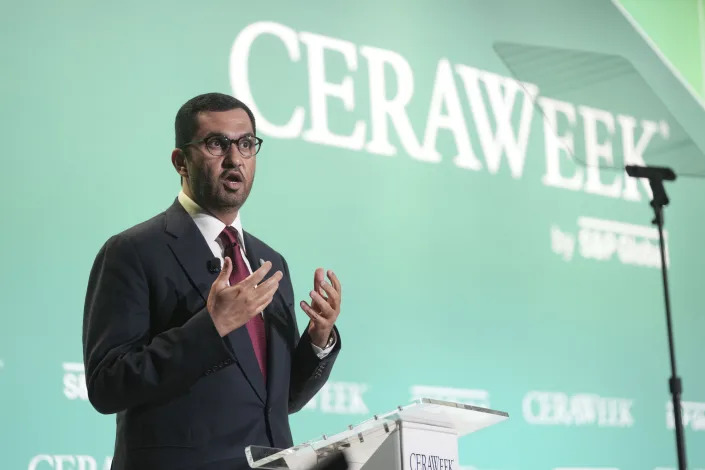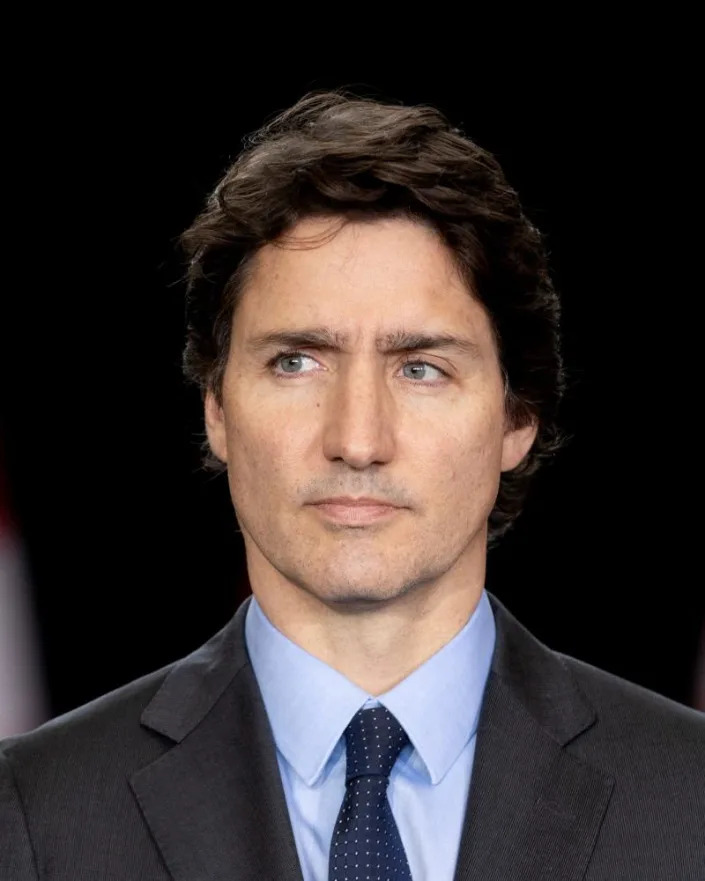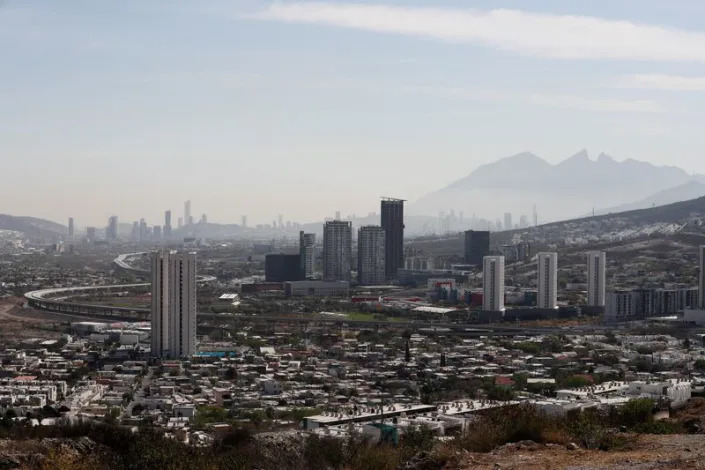
Tesla plans a new gigafactory in northern Mexico, in Santa Catarina
Mon, March 6, 2023
MEXICO CITY (Reuters) - Tesla Inc could begin producing its first cars in Mexico next year, with the electric vehicle maker close to receiving its final permits allowing factory construction to begin in Nuevo Leon near the U.S.-Mexico border, the state's governor said on Monday.
"They are waiting for the final permits ... once that's done, they can start, hopefully this very month, in March," Nuevo Leon Governor Samuel Garcia said in an interview.
"I think by next year, in 2024, there will be the first autos."
The company did not immediately respond to a request for comment.
Tesla Chief Executive Elon Musk announced the investment last week, saying the Austin, Texas-based company had selected Mexico for its next "gigafactory" with plans to produce a "next gen vehicle."
Mexican officials have said the factory will be the world's biggest to produce electric vehicles, with investment worth $5 billion.
Subsequent phases of the plant could involve making components such as chips and batteries, Garcia said.
"That's why they bought a very large plot of land," he added.
The site in Santa Catarina, next to the state capital of Monterrey, spans several thousand acres, the local mayor said last week.
Garcia said the investment would act as an "anchor" attracting Tesla suppliers, and that the green light given to Tesla by Mexican President Andres Manuel Lopez Obrador - after the latter had expressed concerns over scarcity of water - sent a positive signal to other potential investors.
"It's like a kind of guide, that when they want to come set up here, it's very important they follow the law," he said, noting he had sent Lopez Obrador technical memos about the state's industrial water supply.
"The president, by authorizing and backing Tesla, sent a message to the world that they should come to Mexico."
(Reporting by Daina Beth Solomon in Mexico City; Editing by Matthew Lewis)

